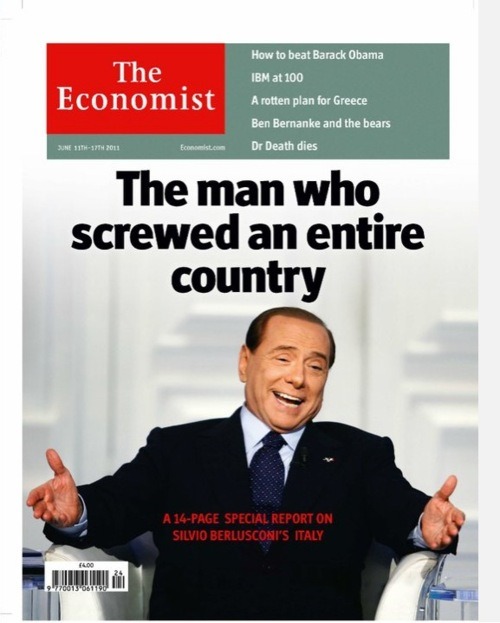DREAMS AT PLAY AND WHAT THEY COST
One of the most powerful works for theater in western literature is August Strindberg’s “Dream Play.” It focuses on the poverty of the human condition and how like a dream life is: a place where cruel events happen without reason or logic to explain them. It is a place where lilies rise from a dung heap and clowns attain power.
I thought of Strindberg’s play as I paged through the July edition of “Vanity Fair,” an edition that might have been fodder for Strindberg’s thesis. Not only does it document the criminal behavior of Silvio Berlusconi, President of Italy, and his use of vast sums of money to escape prosecution, but it also exposes the profligate behavior of Prince Jefri Bolkiah, notorious playboy of Brunei, who has run through billions on women, cars and polo ponies. Add to these stories the profile of Philip Falcone, Hedge Fund manager, and his wife as they attempt to buy their way into New York Society with displays of outrageous consumption.

(courtesy: “The Economist”)
As Shakespeare observed in “Hamlet:” “Use every man after his desert, and who should scape whipping?” But one must ask whether the callousness of these dissolutes, who use their wealth in a way that denigrates others, should be endured with no more protest than a sigh. There are too many places in the world where people die from hunger and disease because they lack food or access to clean water or haven’t the money for inexpensive vaccines. Can the world afford these profligates who fail to hear the cries of the destitute?
What’s in a dream? It depends upon the dreamer. Not enough of us, apparently, dream of a world that is fair.